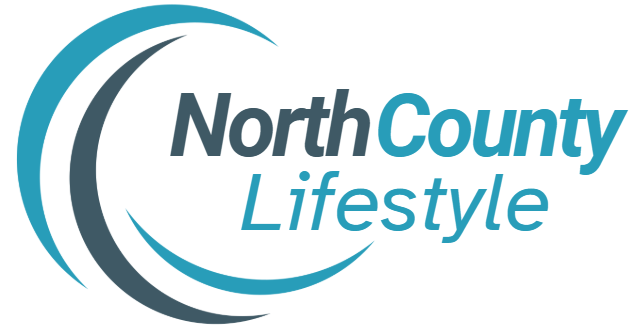
Growing Up in the Shadow of Addiction
Living in a home marked by addiction resembles constructing on a shaky foundation. For many children, uncertainty and insecurity shape their formative years, and such was the case for Teresa López as she navigated the complexities of her mother’s alcoholism. With the ground beneath her always wobbly, López's childhood was laden with confusion and anxiety. Memories of her mother, oscillating between affection and frustration, created a tumultuous childhood filled with emotional turbulence. The challenge to grasp a world driven by adult issues became a heavy burden she carried from a very young age.
Roles We Inherit: Surviving the Chaos
As the reality of her home life sank in, López took on multiple roles to cope. She became the peacemaker, attempting to mediate between her mother’s unpredictable behavior and her younger sister's needs. Many children in similar situations develop roles as a defense mechanism. Drawing on a shared journey of resilience, it's vital to recognize how these roles can evolve into identity markers that dictate one’s behavior in adulthood. From acting as an anchor during a storm, they may inadvertently lead to isolation, as was the case for López, who felt like a constant caretaker instead of a carefree child.
Unraveling Patterns of Trauma
The shadow of childhood trauma often lingers into adulthood, and López’s experience is no different. Bearing the weight of her family dynamics manifested in her adult relationships. Codependency, trust issues, and repeated patterns with manipulative partners characterized her early romantic history. Similar patterns are often observed in those who grew up in chaotic environments, as they struggle to forge strong, healthy connections. The challenge lies in disentangling these burdens to cultivate healthier relationships.
The Moment of Clarity
Hitting rock bottom can be a transformative experience, one that illuminates deeply buried emotions. For López, a pivotal moment occurred when she was overwhelmed by anxiety shortly after a “surprise” party organized by her sister; it was the first time she acknowledged the depth of her unresolved issues. Reflecting on this moment illustrates the common human tendency to suppress uncomfortable emotions, leading to significant breakthroughs when they inevitably surface.
Steps Toward Healing
Therapy emerged as a beacon of hope for López, although her journey was far from smooth. Finding the right therapist can be like searching for a needle in a haystack, especially if the first experiences reinforce prior patterns. Nevertheless, López's persistence paid off as she found a supportive guide who has been invaluable in her healing journey. The process of healing isn't linear; it fluctuates between setbacks and triumphs, making it crucial to embrace the journey even when it feels daunting.
The Importance of Community and Support
Communicating and reaching out for help can be the strongest tools in navigating one’s journey through trauma. López's realization that healing isn’t a solo endeavor underlines the power of connection. Forming supportive relationships and finding communities, whether through shared experiences of addiction or mental health challenges, helps nurture a sense of belonging. Local communities, such as those in North County San Diego, can offer unique resources geared toward recovery and connecting with others who understand.
Recognizing the Value of Stories
Sharing personal narratives can engage deeper conversations concerning addiction's impacts and the pathways to healing. López's story serves as an inspiring reminder of resilience, and the complexity of family relationships can resonate with many who face similar challenges. By promoting these stories, we can advocate for greater awareness and empathy around topics often shrouded in stigma.
Moving Forward: Encouraging Action
The journey through trauma and towards healing is ongoing, filled with moments of strength and vulnerability. If you're navigating similar challenges, remember that seeking help is a courageous step towards reclaiming your life. Look to local resources, therapy groups, or community support networks, as they can illuminate the path ahead. Ultimately, healing isn't just an individual process; it fosters collective understanding and compassion.
 Add Row
Add Row  Add
Add 




 Add Row
Add Row  Add
Add 


Write A Comment